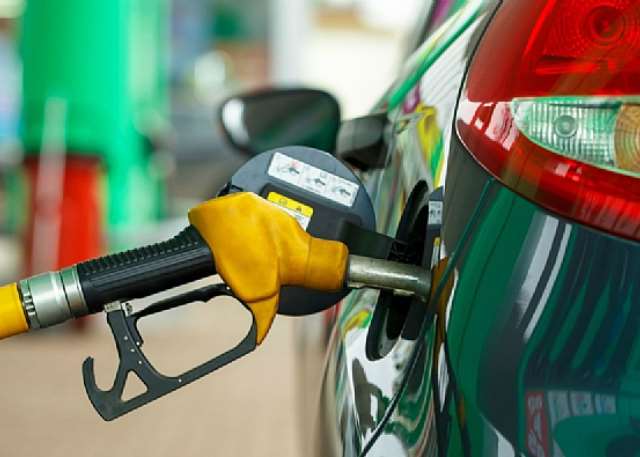Oil Marketing Companies (OMCs) across Ghana have begun reducing fuel prices at the pumps, following industry projections of a more than 4% drop per litre from October 16, 2025. The adjustment comes as welcome news to consumers already burdened by high living costs and rising transportation expenses.
Leading OMCs such as Star Oil, GOIL, and Petrosol have all announced new prices in line with the market trend.

At Star Oil, petrol now sells for GH¢12.77 per litre, down from GH¢13.17, while diesel has been reduced from GH¢13.45 to GH¢12.97 per litre.
Similarly, GOIL has adjusted its pump prices, reducing petrol from GH¢13.38 to GH¢12.98 per litre, and diesel from GH¢14.20 to GH¢13.85.
Another major player, Petrosol, also announced reductions, now selling petrol at GH¢13.48 per litre and diesel at GH¢14.18.
Industry insiders say more OMCs are expected to implement similar price cuts this week, especially among those with the largest market share.
According to the Chamber of Oil Marketing Companies (COMC), the downward adjustment is largely due to two main factors: the decline in global crude oil prices and the appreciation of the Ghana cedi.
In its recent report, the Chamber stated that during the current pricing window, “the cedi appreciated from GH¢12.40 to GH¢12.25 per US dollar, representing a 1.21% gain.”
Market analysts have attributed the cedi’s rebound to stronger foreign exchange inflows from cocoa and gold exports, renewed investor confidence following the Fifth IMF Review, and improved liquidity management by the Bank of Ghana.
On the global market, crude oil prices fell by 1.43%, settling at $68.45 per barrel, while refined petroleum products saw similar declines — petrol dropped by 4.54%, diesel by 3.94%, and LPG by 3.43%.
The combined effect of these developments has led to the current easing at the pumps, offering some respite to consumers and businesses.
Despite the reductions, analysts have cautioned that not all of the over 200 registered OMCs may fully reflect the price cuts. Many of these companies reportedly absorbed higher operational costs earlier in October and may therefore maintain existing prices to recover previous losses.
Industry watchers say the price adjustment is expected to stabilize over the next two weeks, depending on global oil trends and local currency performance.
The Chamber of Petroleum Consumers (COPEC) has welcomed the reduction, describing it as timely and critical in cushioning consumers from further economic strain.
Executive Secretary Duncan Amoah said the development could help avert proposed transport fare increases that were being considered by some unions after price hikes in August and September.
“We believe that these efforts by the OMCs will go a long way to reduce the cost of living and bring relief to Ghanaians,” Mr Amoah stated.

He also commended OMCs that refrained from increasing prices during the last pricing window despite market pressures, noting that their restraint has helped maintain market stability.
Energy analysts predict that fuel prices in Ghana could remain relatively stable in the short term, provided the cedi continues to strengthen and crude oil prices remain below the $70 mark. However, they caution that geopolitical tensions and global supply chain disruptions could trigger fluctuations in the coming months.
For now, consumers can expect some relief at the pumps — a development that may temporarily ease the financial strain on households, transport operators, and small businesses across the country.



